A plentiful stock of herbs at your disposal is ideal for the at-home chef, amateur herbalist, or skincare enthusiast. But to get an abundant amount of herbs, it all begins with the soil. Here’s how to get the best soil for herbs using organic ingredients and nutrients!
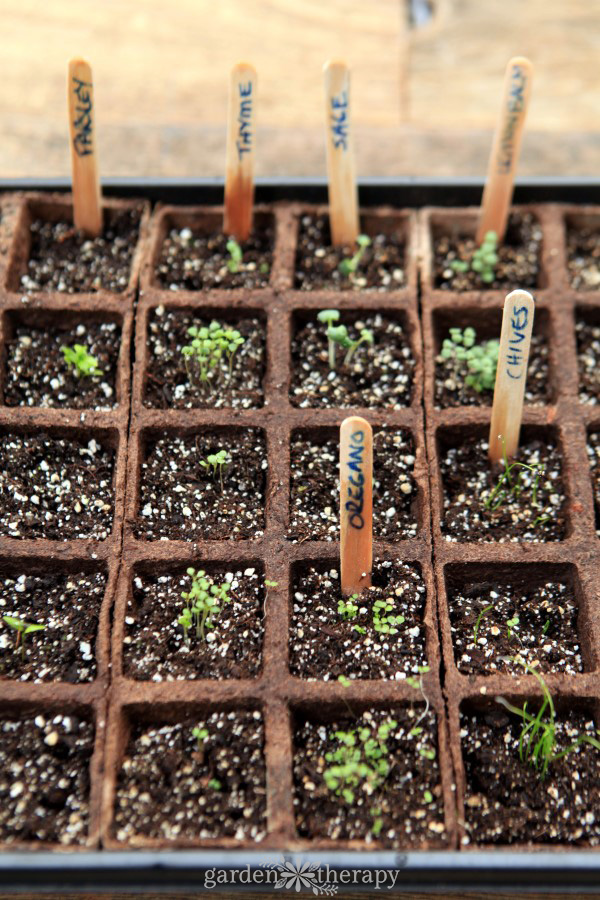
In this post, we will cover…
- What’s the Best Potting Soil for Outdoor Herbs?
- What’s the Best Potting Soil for Indoor Herbs?
- Fertilizer for Herbs
- Soil pH for Herbs
- Frequently Asked Questions About Soil and Herbs
- More Posts About Herbs
What’s the Best Potting Soil for Outdoor Herbs?
Outdoor herbs will grow in the topsoil of your gardening beds, which is the top foot or so of soil. Like most plants, the best soil for herbs is rich with lots of nutrients. The soil should be moist, meaning it can retain water well. Lastly, it needs to be well-draining, allowing excess water to drain out, and it isn’t soggy.
If you have hard clay soil, you may need to improve drainage. Add some gravel or sand and mix in some compost or other organic material.
To improve your top layer of soil, you’ll want to look for garden soil designed for in-ground plants. This is heavy and dense and usually too compact for container plants.
If you’re planting an outdoor container herb garden, you will want an all-purpose potting mix. It will have more nutrients and be able to retain moisture for potted herbs.
For starting herbs from seed, you will want a seed-starting mix.
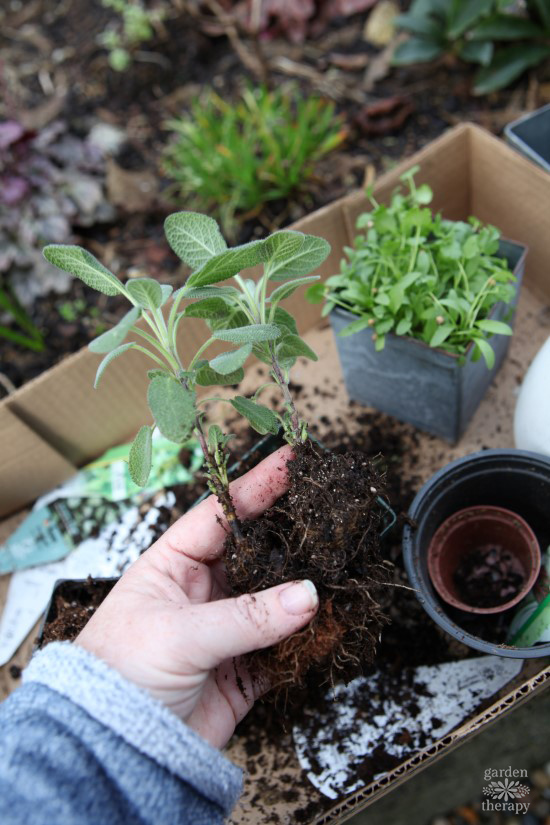
What’s the Best Potting Soil for Indoor Herbs?
The best soil for indoor herbs will look much different than the herbs you plant in the garden. Indoor plants need a specific potting mix formulated to help them with their extra challenges.
Ideally, the best potting soil for herbs will be lighter and be able to retain lots of moisture since pots quickly dry up. At the same time, it will be well-draining, so no excess water sits.
You can’t just take garden soil and bring it inside. You need sterile soil that won’t have any critters from outside infesting your indoor herb plants.
Most soil ingredients don’t have active biology except for compost. You can sterilize your compost by baking it in the oven at 180°F for 30 minutes. Alternatively, you can buy sterilized compost.
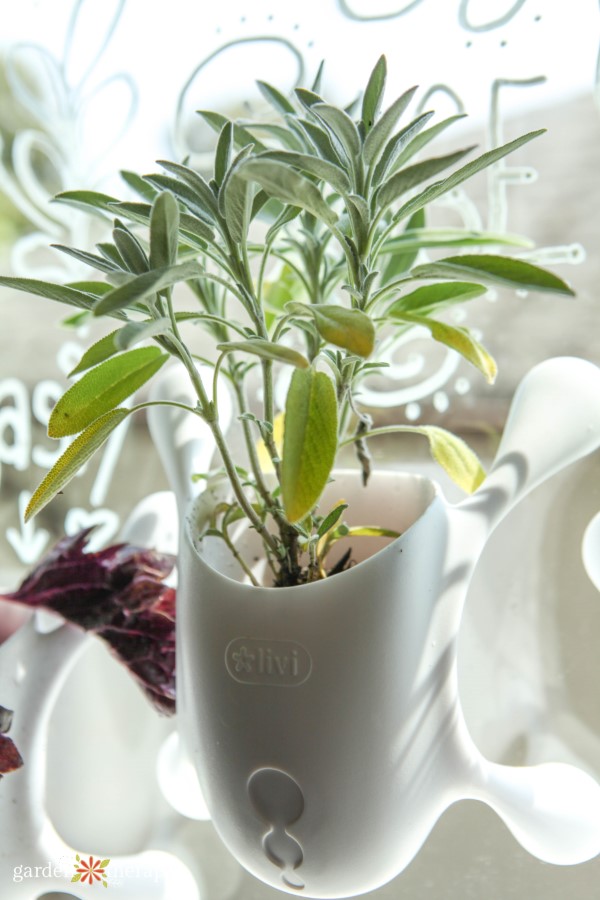
Fertilizer for Herbs
For all my garden plants, I don’t apply any fertilizer. Really! They already get enough from the ground, and I let my garden naturally decompose in the fall rather than cleaning up all that free organic material. I give them a boost in the spring with compost rather than a fertilizer.
However, plants in containers or indoor plants don’t have the same luxury and may need some fertilizer to boost their nutrients. Do note that too much fertilizer can cause herbs to grow too fast, which may cause a lack of flavour. Too much fertilizer may also burn the roots of the plant.
If you suspect you have poor soil, you can do a soil test to help determine which nutrients are lacking.
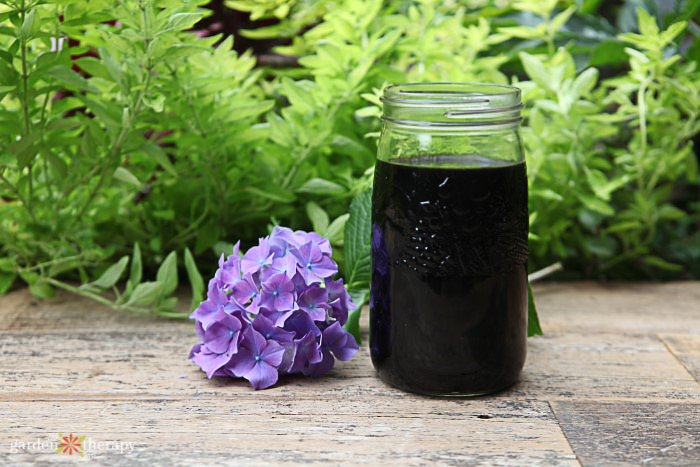
Soil pH for Herbs
The best soil for herbs is acidic to neutral soil between 6-7 pH, with a few exceptions. Rarely will you need to adjust a garden’s pH unless the soil is quite poor in quality. An at-home soil test can help you determine the acidity of your soil.
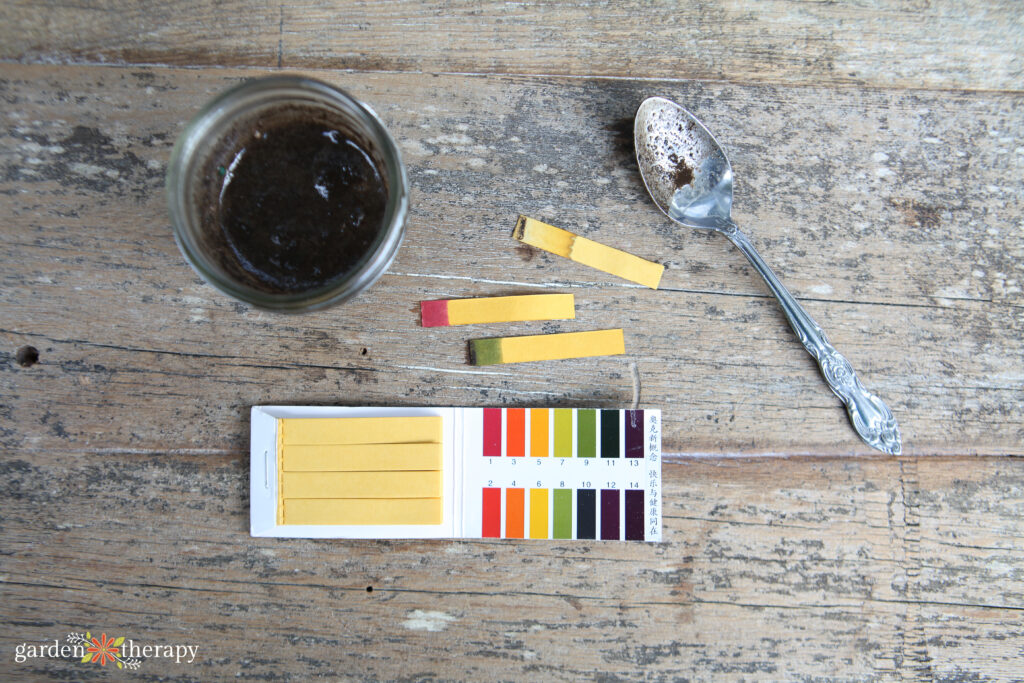
Frequently Asked Questions About Soil and Herbs
Herbs don’t need a specialty potting mix. In most cases, an all-purpose potting mix/soil is the best potting soil for herbs.
You certainly can. Potting mix for fruits and vegetables is very nutrient-rich soil that gets you the best harvest possible. You can find my peat-free vegetable garden soil mix here.
However, herbs don’t use as many nutrients as vegetables, so a veggie mix is not a requirement. If an all-purpose potting mix is more inexpensive, that works just as well for herbs.
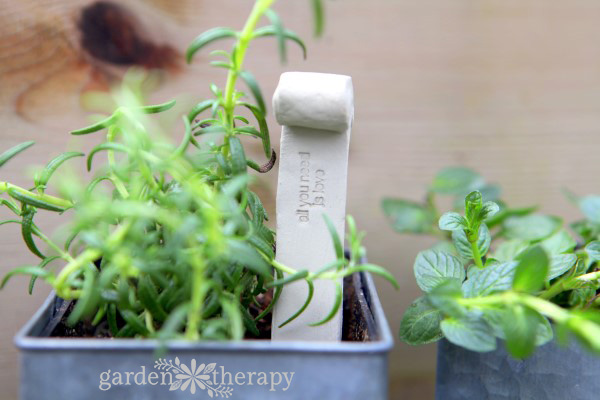

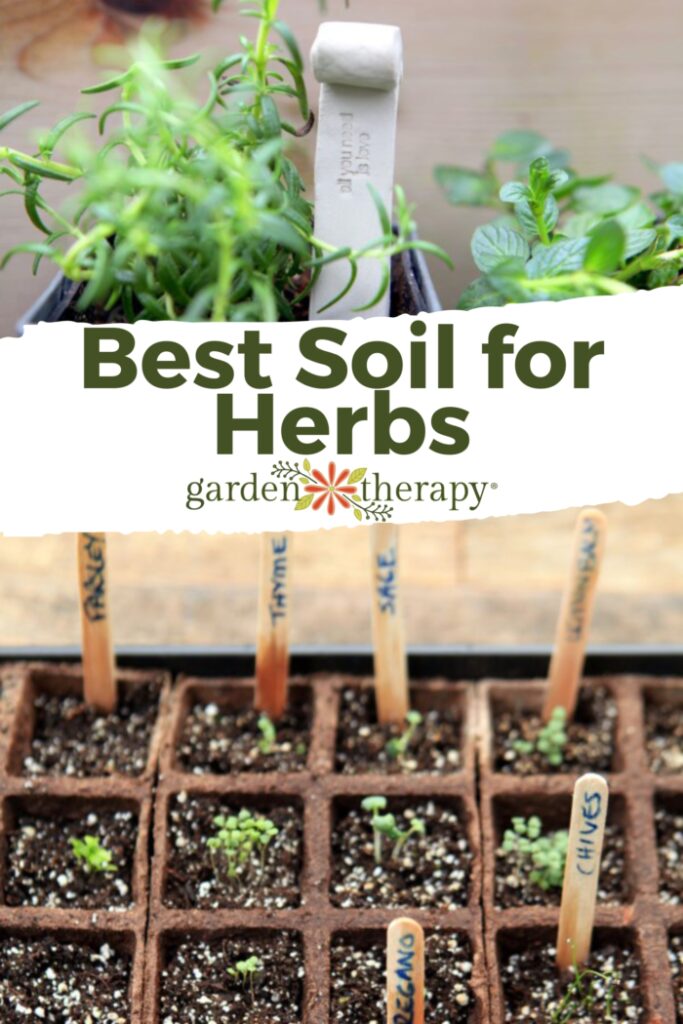
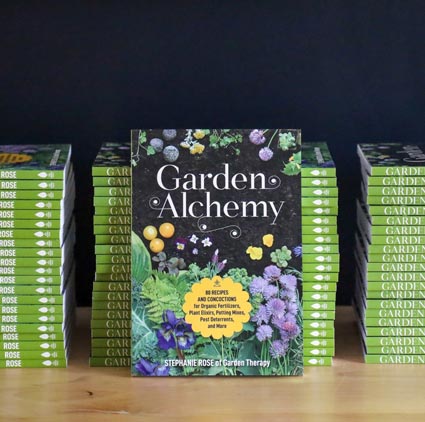
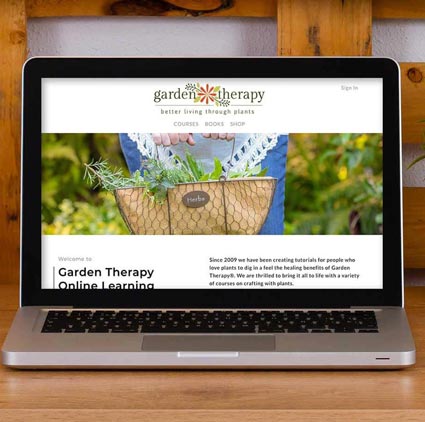

I find you at a new experiment every week. So you are strong and hard working. Sky is one of heavy sports. Good luck for you that finished it safe.